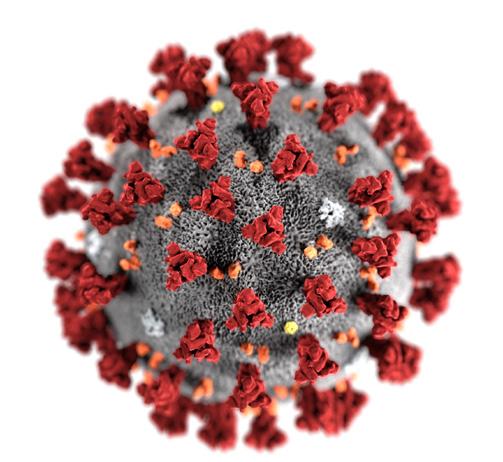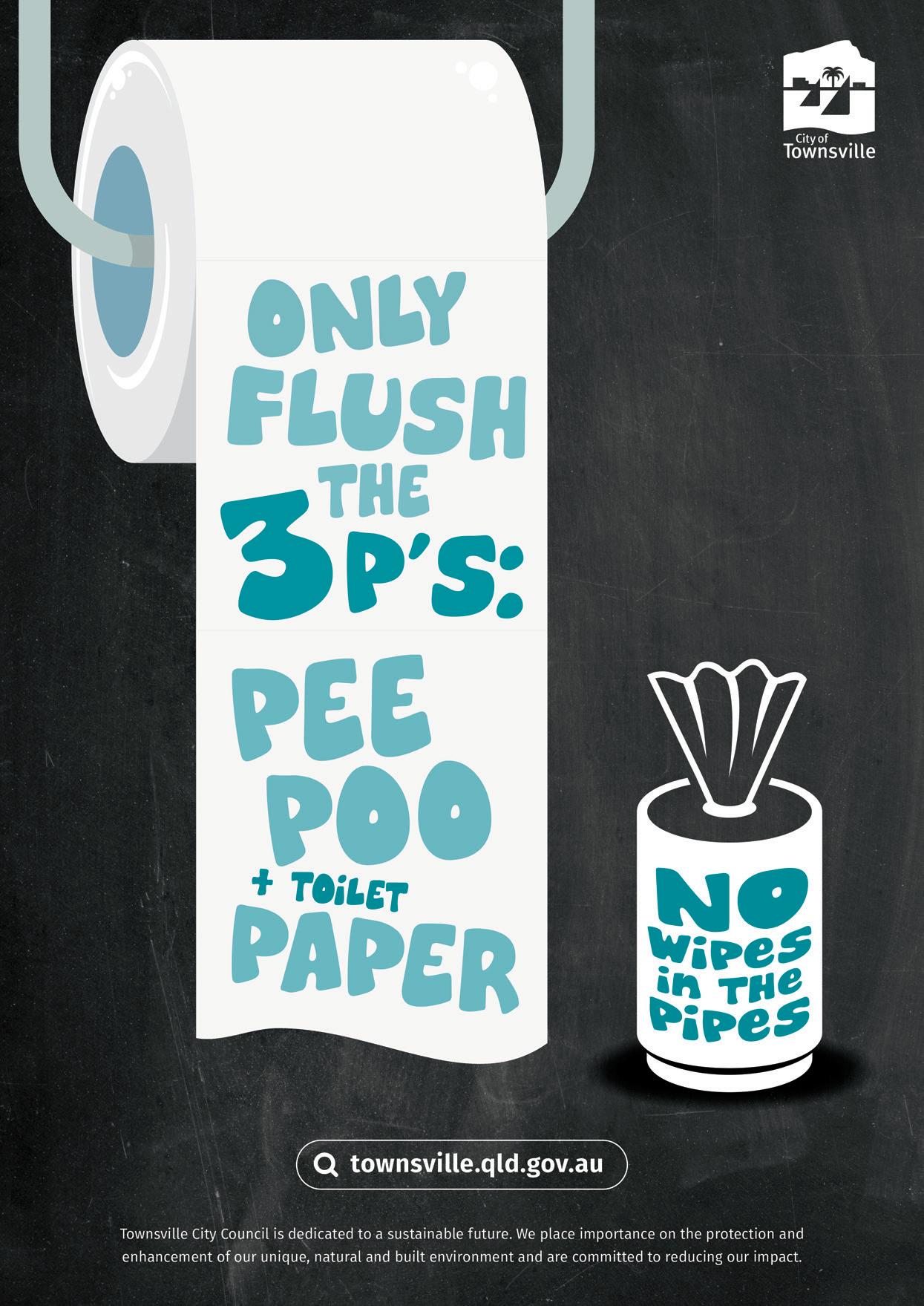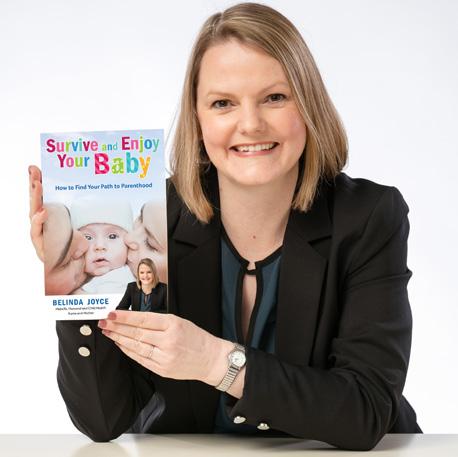
6 minute read
Coronavirus - Facts Vs Fear
STORY Bree James
The entire world is feeling the impact from the Novel Coronavirus (COVID-19) right now. More viral than the actual disease itself is the spread of fear, which is impacting the world on a massive scale.
Advertisement
As I write this, borders are being shut down, schools and even whole countries are going into quarantine. Travel plans and large events are being cancelled, you can’t buy toilet paper or hand sanitiser and many pantry items are now being limited. The global economy is taking a serious dive.
Fear of job loss, lack of basic daily items to buy, the worry about the economy collapsing, and fear for our loved ones catching COVID-19, is all very real.
It’s surreal for many of us, and it takes a lot of strength to not follow the herd and start panic buying. As parents, the unstoppable urge to look after those we love is so strong, it’s very hard not to go into ‘protect mode’ and do everything we can to look after our family (which includes buying as much food, toilet paper, and medicines as we possibly can)…
When times are uncertain, people will do things to bring certainty; thus, the panic buying.
Think about our parenting, if we see our child is about to do something stupid, we put fear there to stop them and get them to do what we want instead. Fear can stand for “forget everything and run” or “face everything and rise”.
We need more people doing the latter. Health authorities have told us that each of us will be exposed to Novel Coronavirus at some stage in the future and that the focus is on slowing it down. It is thought that our current lack of exposure and lack of immunity to this virus that makes this more serious than the average flu, which is why slowing it down is important. Our health services are second to none and as long as they aren’t inundated all at once, we will be ok. Eight out ten of us will only experience mild symptoms. But in order to slow the spread we are being told to stay at home if we feel sick, wash our hands well and often, sneeze and cough into our elbow and refrain from touching others.
The most vulnerable are our elderly and those with pre-existing conditions like diabetes, cancer, organ recipients, asthmatics, etc. We need to do what we can to protect them and ensure the health services in our community have capacity to support them if and when the time comes.
Being a respiratory virus, it’s transmitted through respiratory droplets.
Person-to-person contact is thought to be the main method of transmission. Imagine sitting next to someone with a COVID-19 infection on the bus or in a meeting room. Suddenly, this person sneezes or coughs... If they don’t cover their mouth and nose, they could potentially spray you with respiratory droplets from their nose or mouth. The droplets that land on you will likely contain the virus. Or perhaps you meet someone who contracted the virus, and they touched their mouth or nose with their hand. When that
person shakes your hand, they transfer some of the virus to your hand.
If you then touch your mouth or nose without washing your hands first, you may accidentally give that virus an entry point into your own body.
We don’t know exactly how long the virus can live on surfaces for, it is speculated up to 48 hours.
According to the Centers for Disease Control and Prevention (CDC), a person with COVID-19 is most contagious when they’re showing symptoms. That is why it’s so important that if you feel unwell, you stay home.
The response from our government is part of a plan to slow the virus down and protect the 20% of people who will not do so well if they get it. They need the virus to spread slowly instead of quickly, so that our health care system can cope and adequately care for the influx of people seriously ill from this virus.
These are the people we are protecting. The majority of us will be ok if we catch it.
We all have someone in our life that suffers from a compromised immune system, so picture their face before you go out when you are experiencing cold or flu symptoms and stay at home.
The only way we can control the fast spread of this virus is if unwell people stay home until the vaccination is readily available to protect those 20% of people with a compromised immune system. And it won’t be ready for some time yet.
You will not forgive yourself if you soldier on with what you think is a cold, and then find out it was COVID-19.
If you are sick, it’s simple - stay home.
COVID-19 Facts
Self-isolate - those who have had more than 15 minutes in close contact, or more than 2 hours in the same closed room as someone confirmed with the virus.
It can take up to 14 days before you start getting sick if you have been exposed.
Rules to Implement
• Stay home if you are sick. • If you are returning from overseas travel; the government requires you to self-isolate for 14 days. • If you have symptoms; always contact your own GP first or 13HEALTH. Ring them, talk to them and ask the best way for you to be assessed. • Washing your hands with soap and water is best. Always wash your hands before eating or touching your face. Put a stamp on your child’s hand to see how well they wash their hands, or get them to sing happy birthday twice as a timer for how long to wash their hands for with soap. You can even rub raw onion on your hands after you have cleaned them as a deterrent. • Cover your cough or sneeze with the inside of your elbow. • Avoid hand shaking and opt for waving. • There should be four square metres (two by two metres) provided per person in an enclosed space. • Do not over purchase essential items including medications. Think of others. • For the most up to date and official information on the virus head to www.health.gov.au – think twice before sharing information that is not from an official health source. • Stay away from social media and propaganda.
Other Handy Tips
• Have enough essentials to last you two weeks on standby. • It’s a great time to plant some herbs and vegetables so you can be a little self-sufficient. • Freeze some ready-made meals. • Buy Vitamin C, Panadol, Zinc and immune boosting supplements. • Talk to your family about hygiene habits. Wash hands as soon as you come home, change clothes or better- shower before you touch things. • Get a list of jobs you’d like done and have the items ready so you can do them if quarantined. • Support local businesses. Look at all of our advertisers, please support them and other local businesses during this tough time. Your money is very important to these people, the big corporations can take the hit. • For up to date information on all grant information head to www.treasury.gov.au/coronavirus • Contact the elderly and those with immune issues to see if they need help. • Spread positivity, we all need it now. Avoid fear talk, and focus on what you can control.












